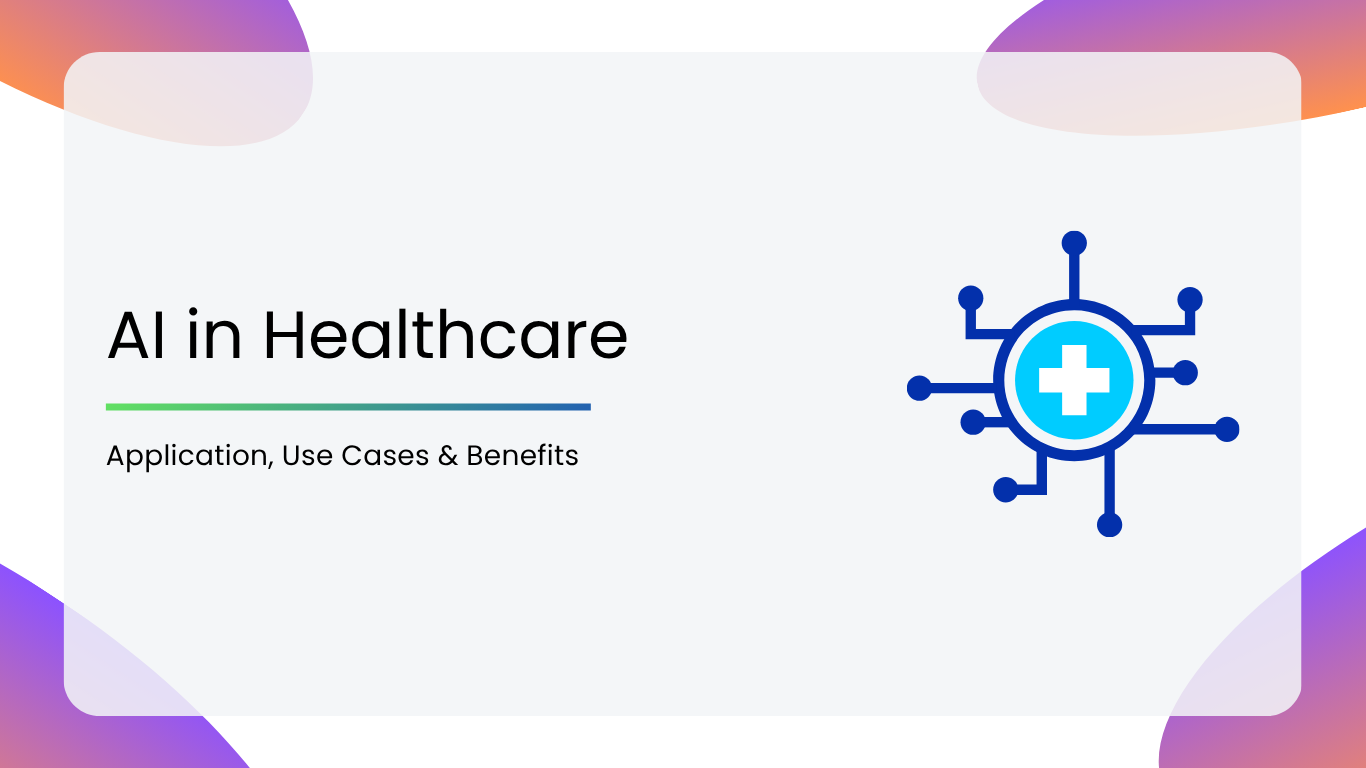AI is changing the face of healthcare. From diagnosing diseases earlier to helping doctors make more informed decisions, artificial intelligence is quickly becoming one of the most powerful tools in modern medicine.
Let’s face it: Healthcare is complex. With loads of patient data, endless diagnostic variables, and high-stakes decision-making, even the best medical professionals could use a little backup. That’s where AI steps in.
Think of it as a super-smart assistant—one that never sleeps, never forgets, and keeps learning. Whether it’s helping radiologists detect abnormalities in scans, predicting patient outcomes, or personalizing treatment plans, AI is helping healthcare providers move from reactive to proactive care.
And the best part? You don’t need to be a data scientist to appreciate what AI can do in healthcare. If you’re a healthcare professional, hospital admin, or even just a curious patient, understanding how AI works can open the door to a safer, smarter, and more efficient healthcare system.
So, what exactly is AI doing in healthcare—and why does it matter? Let’s break it down.
Key Applications of AI in Healthcare
AI isn’t just a futuristic buzzword anymore. It’s already reshaping how we deliver and experience healthcare. From diagnosis to daily care, here’s how AI is making a real difference across the healthcare ecosystem:
1. AI in Medical Imaging & Diagnostics
Imagine getting a scan and having it read not just by a radiologist, but by an AI that’s seen millions of similar images. AI-powered tools can analyze X-rays, MRIs, and CT scans with impressive speed and accuracy, spotting signs of cancer, fractures, and neurological disorders that might be easy to miss. The result? Faster diagnoses, earlier detection, and better patient outcomes.
2. AI in Drug Discovery & Development
Developing a new drug can take years, or sometimes even decades. But with AI in the picture, that timeline is shrinking. AI helps researchers analyze complex datasets to identify promising drugs, simulate clinical trials, and even predict side effects before testing begins.
3. AI in Personalized Treatment & Precision Medicine
One-size-fits-all treatments? Not anymore. AI can sift through patient data, from genetics to lifestyle habits, recommending treatments tailored to the individual. This means fewer side effects, faster recovery, and better overall care.
4. AI in Virtual Healthcare & Telemedicine
With telemedicine becoming the norm, AI is the behind-the-scenes power making virtual care smarter. From chatbots that analyse symptoms to virtual assistants that schedule appointments and monitor follow-ups, AI makes remote healthcare feel less… robotic. It brings convenience without sacrificing quality.
5. AI in Hospital Management & Workflow Optimization
Hospitals are busy places. AI helps streamline operations by predicting patient admission rates, optimizing staffing schedules, and even managing supply chains. Translation? Less chaos behind the scenes, and smoother experiences for patients and providers alike.
6. AI in Wearable Health Technology
Your smartwatch isn’t just counting steps anymore. AI in wearables can detect irregular heartbeats, monitor sleep patterns, and even alert users of potential health risks in real time.
7. AI in Mental Health Support
AI is also stepping up in one of the most sensitive areas of care: mental health. From mood-tracking apps to AI-powered chatbots offering 24/7 support, these tools help users manage stress, anxiety, and depression, especially in areas where access to therapists is limited.
8. AI in Healthcare Fraud Detection & Security
Fraud in healthcare isn’t just costly, it’s dangerous. AI systems can detect unusual billing patterns, flag suspicious claims, and help protect sensitive patient data from cyber threats.
Use Cases of AI in Healthcare
Let’s move from the “what” to the “how.” Here are some real-world use cases that show AI in action—improving lives, saving time, and reshaping what’s possible in healthcare:
- Detecting Diseases Early with AI-Powered Imaging: Spotting a disease early can change everything. AI algorithms trained on thousands of medical images can flag early signs of cancer, heart disease, and other conditions, sometimes even before symptoms appear.
- Supporting Precision in Robotic Surgeries: In the operating room, precision is everything. AI-assisted robotic systems help surgeons perform complex procedures with more accuracy and control. They can reduce human error, shorten recovery time, and improve surgical outcomes.
- AI Chatbots for Mental Health: Access to mental health care shouldn’t feel like a hush-hush affair. AI-powered chatbots are helping bridge the gap by offering emotional support, tracking mood patterns, and providing coping techniques—all through a smartphone.
- Automating Admin Tasks to Cut Wait Times: Nobody likes paperwork or long waits. AI is streamlining hospital operations by handling appointment scheduling, billing, and patient record updates. That means shorter queues, faster check-ins, and more time for doctors to focus on care.
Benefits of AI in Healthcare
It’s important to realize AI isn’t just a tech upgrade, but rather a game-changer. Here’s how it is benefiting the healthcare ecosystem:
- Faster and More Accurate Diagnoses: AI doesn’t blink, hesitate, or get overwhelmed. By analyzing complex data in seconds, AI helps clinicians arrive at accurate diagnoses quicker than ever, often spotting what even expert professionals might miss.
- Enhanced Patient Experience: From chatbot triage to AI-powered appointment scheduling, patients today interact with smarter systems that reduce wait times, answer questions instantly, and personalize the care journey.
- Cost Reduction Across the Board: Fewer misdiagnoses. Less trial and error in treatment. More efficient use of staff and resources. AI reduces overheads by optimizing every step of the process without compromising quality.
- Early Disease Detection: Catching a disease early is often the key to beating it. With AI’s ability to detect subtle patterns in lab results, scans, and wearable data, healthcare teams can intervene sooner, sometimes even before symptoms show.
- Increased Efficiency in Drug Development: Drug discovery traditionally takes years and millions. AI models can predict how molecules will behave, simulate clinical trials, and identify potential compounds faster, hence, speeding up the entire R&D cycle.
Challenges of AI in Healthcare
While AI is revolutionizing the healthcare industry, it’s not all smooth sailing. There still are several challenges that need to be tackled before AI can be fully trusted and integrated across all medical settings.
From ethical concerns to high implementation costs, here’s a quick look at some of the biggest barriers AI in healthcare is facing today.
- Ethical Concerns and Bias in AI Models: AI models learn from the data they’re trained on. However, some of these models can actually reflect bias instead of reducing it. When the data fed is limited or incomplete, it can lead to misdiagnoses.
For example: If a system hasn’t been trained on enough scans from darker-skinned people, it might fail to detect skin conditions accurately.
- Data Privacy Challenges: Handling sensitive medical data means AI system needs to follow strict privacy laws like HIPAA. In case, they fail to do so—it could lead to serious legal and ethical implications.
For example: An AI-powered diagnostic tool might need to access thousands of patient data and files to improve accuracy. But sharing those records without strong encryption or patient consent is a big no-no.
- High Cost of AI Implementation: AI’s potential to transform healthcare is undeniable, but setting it up and running isn’t cheap. It doesn’t just involve the healthcare cost, but also the cost of training staff, maintaining the system and so on. For many, this could be a huge drawback.
For example: A private hospital wanting to adopt an AI system might have to keep a budget in crores for it will also include the cost of software licensing, the cloud infrastructure, and ongoing maintenance.
Future of AI in Healthcare
When we talk about AI in healthcare, we’re talking about a future where hospitals don’t just treat illness, they prevent it. AI is completely transforming healthcare today by shaping what comes next.
- AI’s Role In Predictive Healthcare and Smart Hospitals
Can you imagine a doctor who knows a patient might fall sick before they even show symptoms? With AI, even this is possible! AI systems are now being trained to analyze wearable data, medical history, and real-time vitals to flag potential risks early. This could even be months in advance—before a condition worsens.
This predictive assistance could help doctors intervene sooner, tailor treatment methods & plans, and reduce hospital readmissions. Smart hospitals can use AI to optimize everything, all the data records—from room/bed allocation and energy usage to predicting ICU bed requirements in real time.
- Innovations In Robotic Surgeries and AI-assisted Therapies
Thanks to AI, robotic surgeries are becoming more precise, less invasive, and quicker to recover from. These systems can now analyze live data from surgery to adjust movements in real time, reducing risks.
AI is also playing a major role in therapy. Virtual assistants can now help individuals with speech therapy, making AI-assisted support smarter and more personalized. It’s right to say that we’re heading towards a future where machine’s don’t replace doctors, but definitely champion as their support system.
AI isn’t a maybe in healthcare anymore. It’s already here, transforming how we diagnose, treat, and care for patients. It might not be perfect, but has a lot of potential. Ultimately, it’s not about replacing doctors, but giving healthcare professionals better tools so that they can focus on what really matters—people.
As we step into the future, AI won’t just be a part of the system. It’ll be at the heart of it. If you’re interested to learn more about the advancements AI is making in other segments, you can check out our other blogs:
- Top AI Tools To Generate Ad Creatives
- Top AI Datasets Marketplaces
- Top AI Tools for Marketing Research Projects in 2024
FAQs
No. AI can support doctors with data analysis, diagnostics, and treatment planning—but it can’t replace doctors. After all, it’s impossible to replace human judgment, empathy, and ethical decision-making.
AI systems can analyze medical images, lab results, and patients’ histories much faster than humans. They pick up on the patterns that might be missed and reduce the risk of errors, especially in early disease detection.
Data privacy breaches, biased algorithms, and overdependence on tech. If not regulated well, AI can cause more harm than good.
Basic digital literacy is enough to start. You don’t need to code, but being comfortable with tech tools will help. At some levels, healthcare professionals also need to be well-versed in biomedical and data science.





